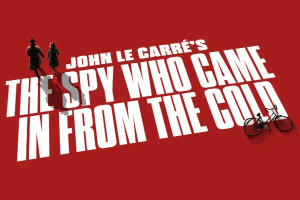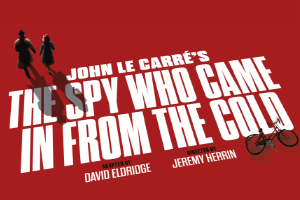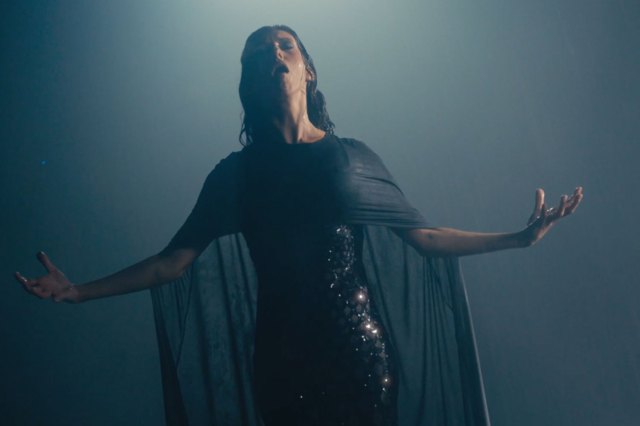The Spy Who Came In From the Cold – West End review
John Le Carré’s seminal spy novel makes its way to the West End
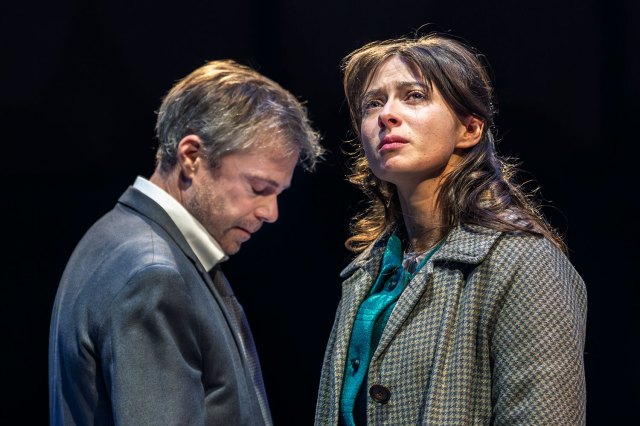
The Spy Who Came In From the Cold was the novel that, when it was published in 1963, turned David Cornwell, spy, into John Le Carré, author of some of the best novels about spying ever written.
It was huge in its day, becoming a film starring Richard Burton as the disillusioned and dishevelled protagonist Alec Leamas, yet was soon overshadowed by the immense popularity of the other novels featuring mild-mannered spy-master George Smiley, most notably Tinker, Tailor, Soldier, Spy.
It’s a terrific book, a work heavily redolent of its era, set firmly in the shadow of the newly built Berlin Wall at a time when the Cold War was at its height. Yet one of the many strengths of David Eldridge’s fluent adaptation for the stage, which premiered at Chichester Festival Theatre last year and will go out on an extensive tour next spring, is that it emphasises the way in which this period piece is also a piercing play for today. It’s a serious and sobering examination of the shoddy accommodations of real politick, and their effect on the human heart.
At a more basic level, though, it is simply a cracking story, beginning quietly but culminating in a series of interrogations and a trial that make for gripping drama. Eldridge crams the action into a propulsive narration by Leamas himself, a man so broken by his life of deceit that he no longer quite knows who he is or who is betraying who.
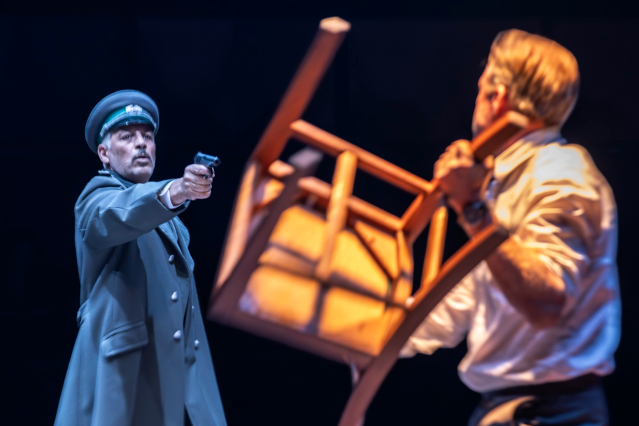
This hollowness, beautifully encapsulated by a haunted performance from Rory Keenan, enables the play to hold a balance between real and fantastical, between the events in which Leamas is trapped and the conversations he is having in his head with the people who have conspired to lead to him to this point.
Jeremy Herrin’s inventive and intelligent direction has the same double-edged effect. Max Jones’ design, dominated by a floor map of a divided Europe, manages to conjure a Berlin Wall, but aided by Azusa Ono’s sharply shifting lighting, it also evokes a world of shadows and uncertainty.
The casting emphasises the shifting ground. Actors double parts which feeds into Leamas’s sense that he has seen people before; the fact that John Ramm who plays Smiley as a tweedy academic with just a hint of steel behind his glasses, also plays a lawyer in the culminating courtroom scenes, underlines the moral ambiguity of the entire play. No one is quite what they seem; there are no moral absolutes.
Into this world of greys, walks Agnes O’Casey’s straight-backed librarian Liz, in a part considerably expanded from the novel where she is little more than someone whom Leamas – fatally and unexpectedly – falls in love with. Here she is a whole figure, a woman whose idealism for a better future has made her embrace communism, and whose tragedy is that she falls for a man she can never be sure of and then loses all her hopes in a single blow.
O’Casey gives her a wide-eyed, glorious purity, a direct intelligence that stands in stark contrast to the compromised figures haunting club rooms, determining the fate of Europe with their plotting. “We cannot afford methods less ruthless than those of the opposition,” says Control (a smarmy Ian Drysdale) as he sends Leamas back out into the cold. It’s to the great credit of this sophisticated and gripping production that those words seem so thoroughly relevant today.


